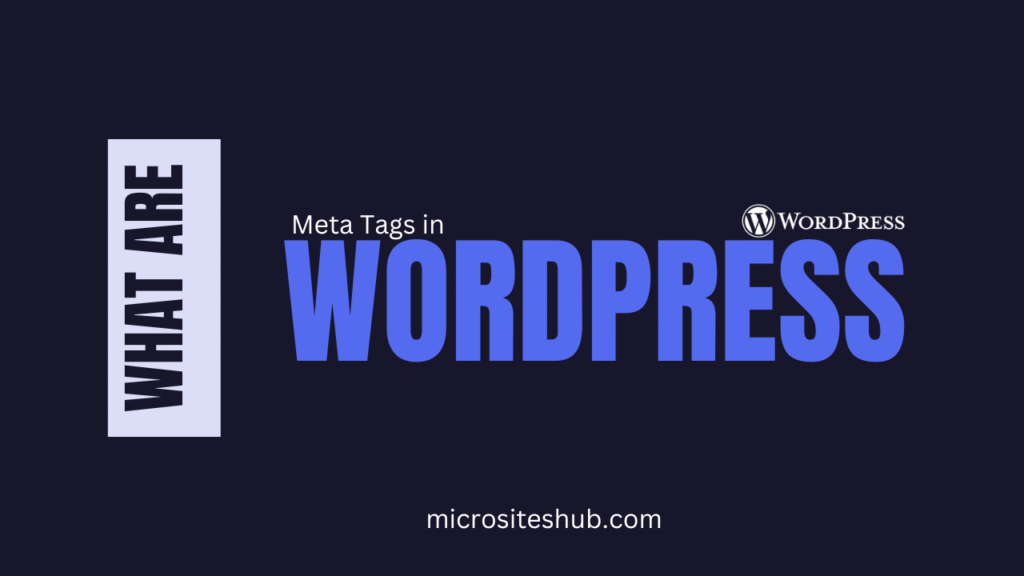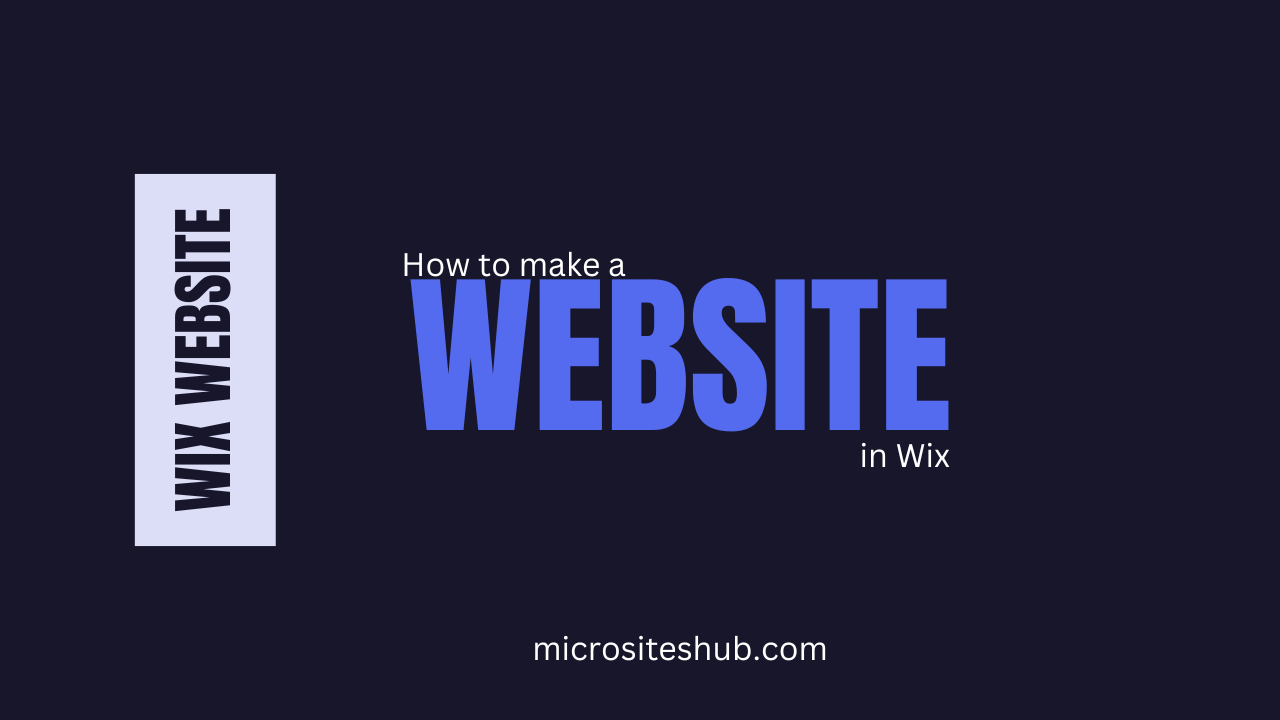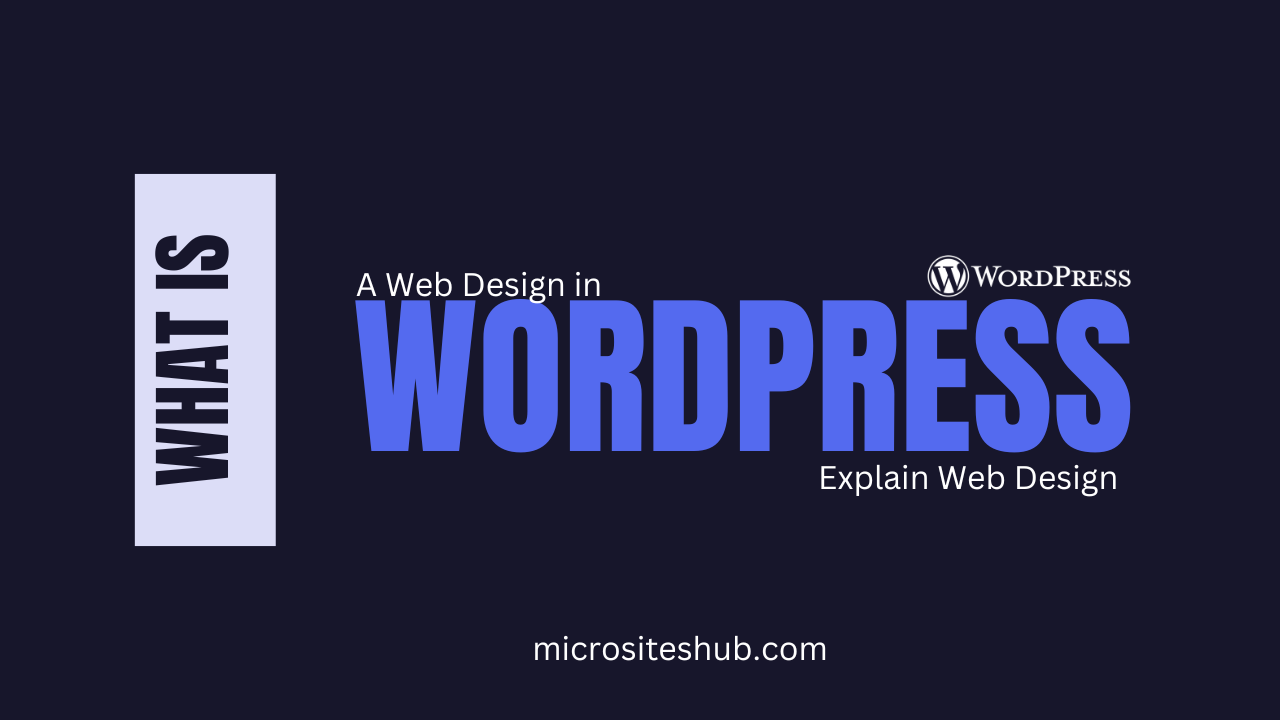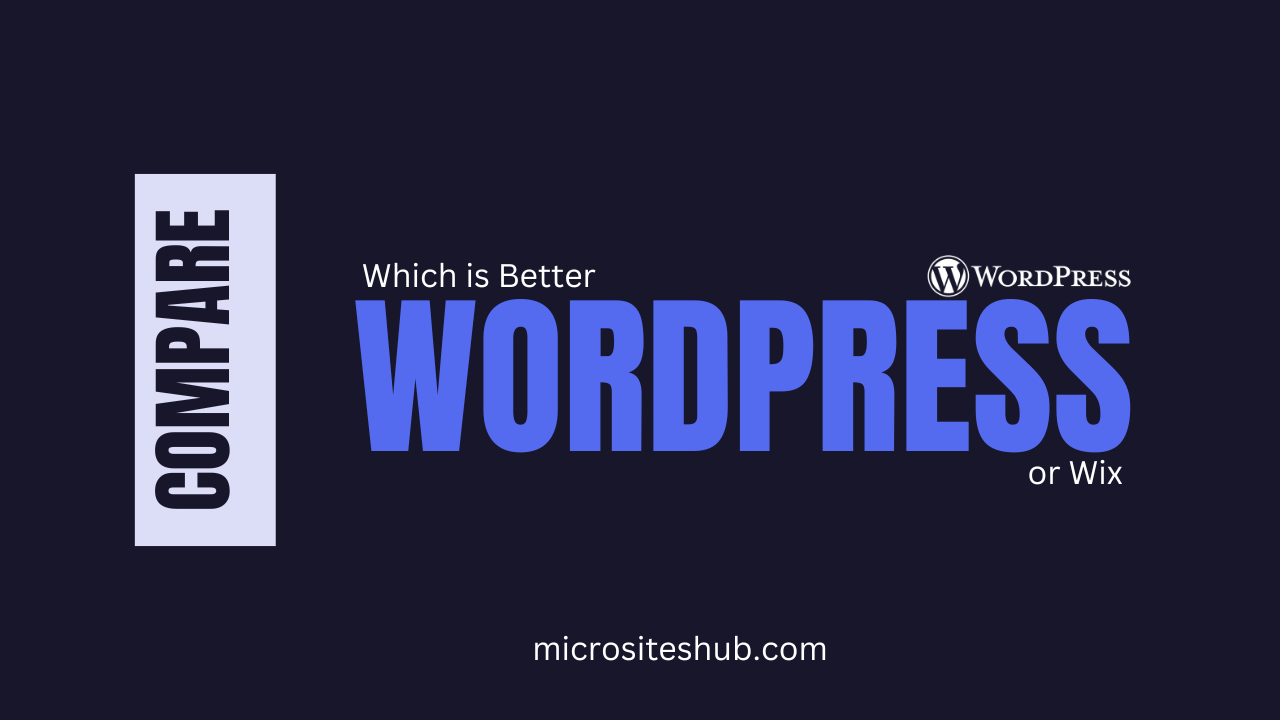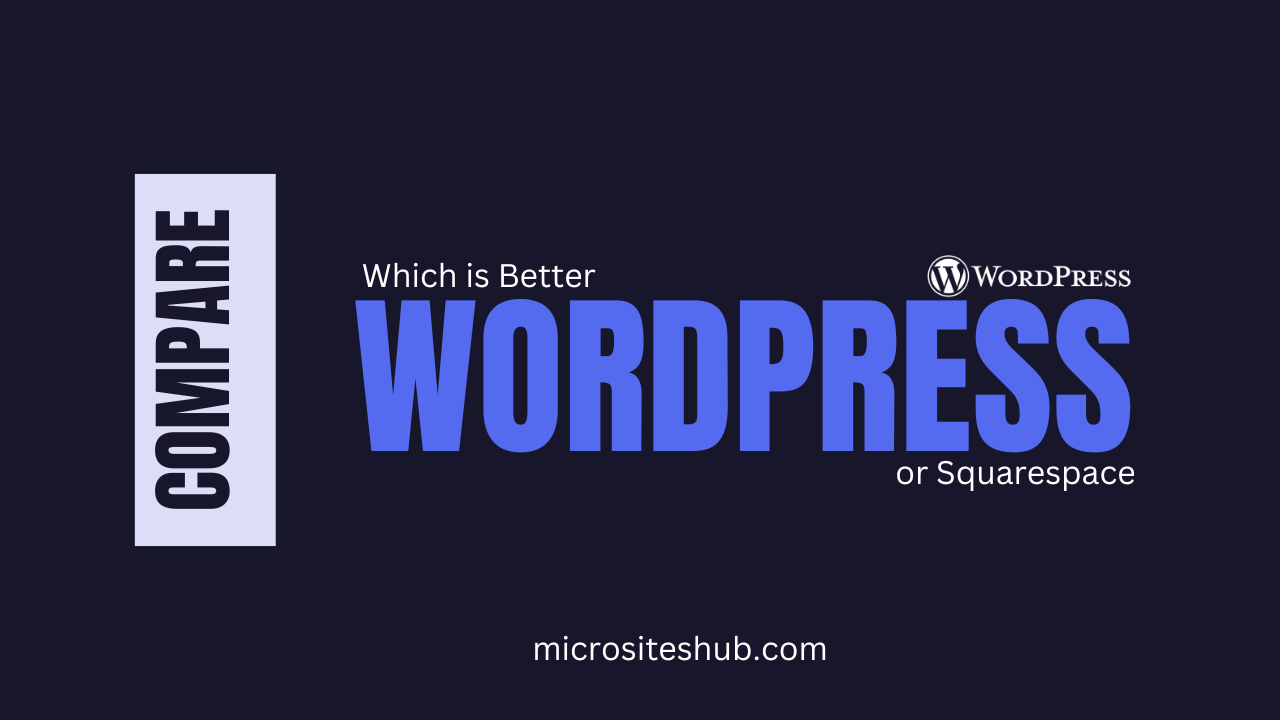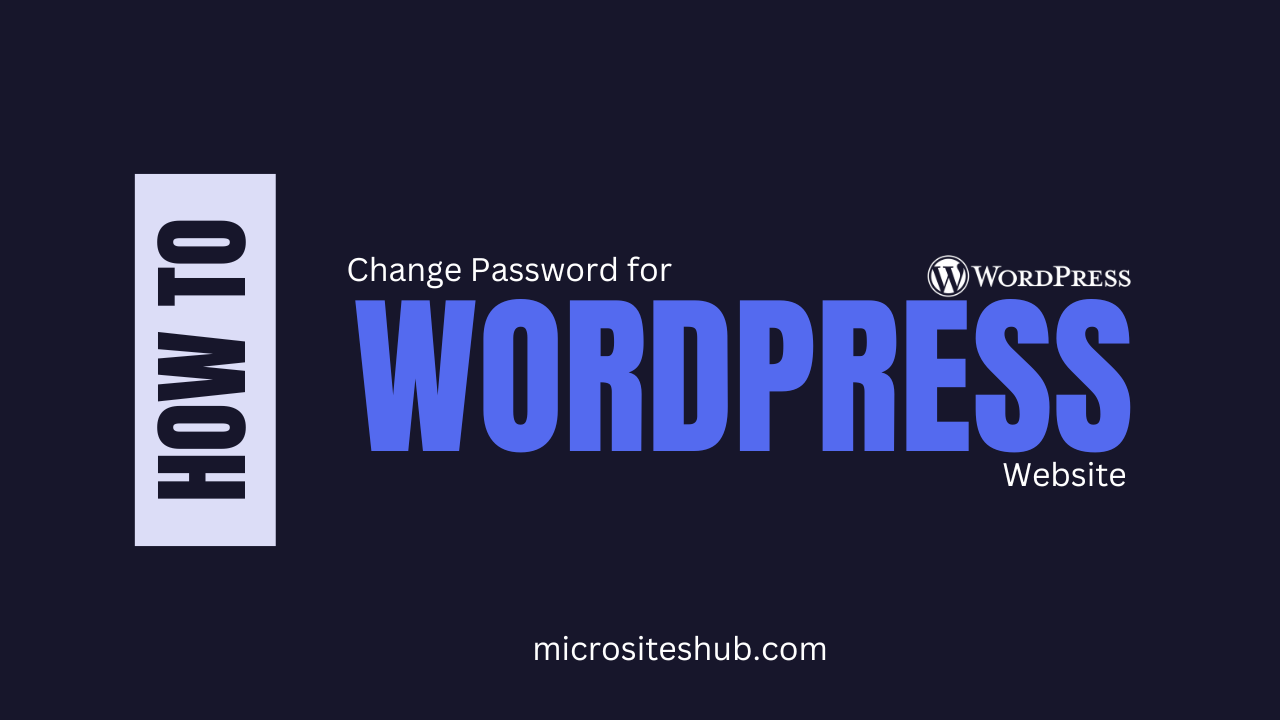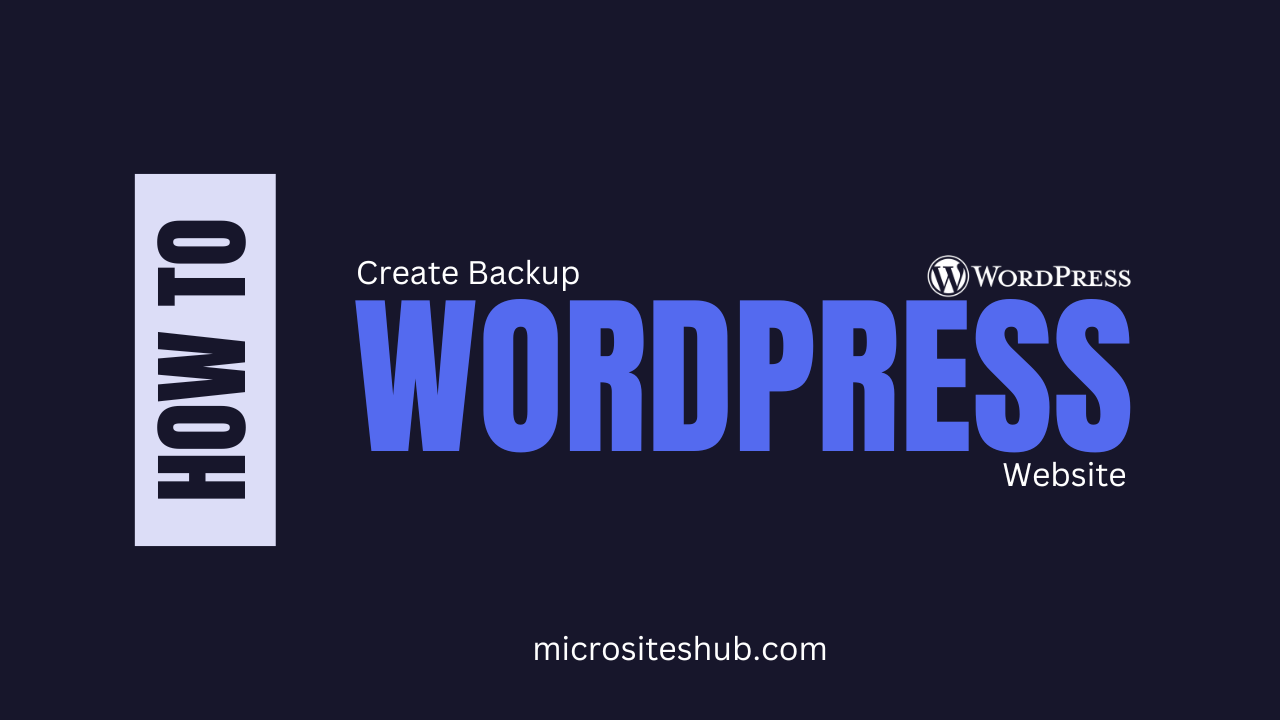When it comes to improving your website’s visibility in search engines, even the smallest elements can make a big difference.
Meta tags are one of those behind-the-scenes components that play a key role in how your content is understood by search engines and displayed to users.
In this article, we’ll quickly explain what meta tags are, why they matter, and how they can help boost your site’s SEO and user engagement.
What Are Meta Tags?
Meta tags are snippets of text placed in the HTML code of a webpage that provide information about the page’s content.
They don’t appear on the actual page when someone visits your site, but they’re visible to search engines and browsers.
These tags are placed within the <head> section of your HTML and help search engines understand what your page is about, which can influence how it appears in search results.
Common Types of Meta Tags
There are several types of meta tags, but here are the most commonly used ones:
- Meta Title (Title Tag)
This defines the title of your webpage. It appears as the clickable headline in search engine results and in the browser tab. A clear, keyword-rich title helps search engines and users understand the page topic. - Meta Description
This provides a brief summary of the page content. Although it doesn’t directly impact rankings, a well-written meta description can improve click-through rates by encouraging users to visit your site. - Meta Keywords (Mostly Obsolete)
This tag was used to list keywords relevant to the page. However, most search engines no longer use it to rank content, so it’s generally not recommended today. - Robots Meta Tag
This tells search engine crawlers what they can and cannot do with the page. For example, noindex prevents the page from being shown in search results, while nofollow tells crawlers not to follow the page’s links.
Why Meta Tags Are Important
Meta tags may seem small, but they have a significant impact on how your website performs in search results and how users interact with it. Here’s why they matter:
- SEO Benefits
Meta tags help search engines understand the content and purpose of your page, which can improve your rankings when used effectively—especially the meta title and description. - Improved Click-Through Rates
A compelling meta title and description can grab a user’s attention and encourage them to click on your link instead of others in the search results. - Control Over Indexing and Crawling
With robots meta tags, you can guide search engines on whether or not to index a page or follow its links, giving you more control over how your site appears in search engines. - Enhanced Social Sharing
Some meta tags, like Open Graph or Twitter Card tags (not covered in depth here), help control how your content looks when shared on social media.
Best Practices
To get the most out of meta tags, here are some best practices to follow:
- Keep Titles Clear and Relevant
Your meta title should accurately describe the page’s content and include target keywords. Aim for around 50-60 characters to ensure it displays properly in search results. - Craft Engaging Meta Descriptions
Write a concise, informative meta description (150-160 characters) that highlights the page’s value. Use action-oriented language to attract clicks while including important keywords. - Avoid Keyword Stuffing
While it’s important to include relevant keywords, don’t overdo it. Meta tags should flow naturally and provide value, not just serve as a list of keywords. - Use Unique Meta Tags for Each Page
Don’t use the same meta title and description across multiple pages. Unique tags for each page help both search engines and users understand the distinct content on each page.
Conclusion
Meta tags may seem like small elements, but they play a crucial role in how your website performs in search engines and how users interact with your content.
By optimizing your meta title, description, and other relevant tags, you can improve your site’s SEO, enhance user engagement, and increase click-through rates.
Take the time to optimize these small details—they can make a big difference in your website’s success.







